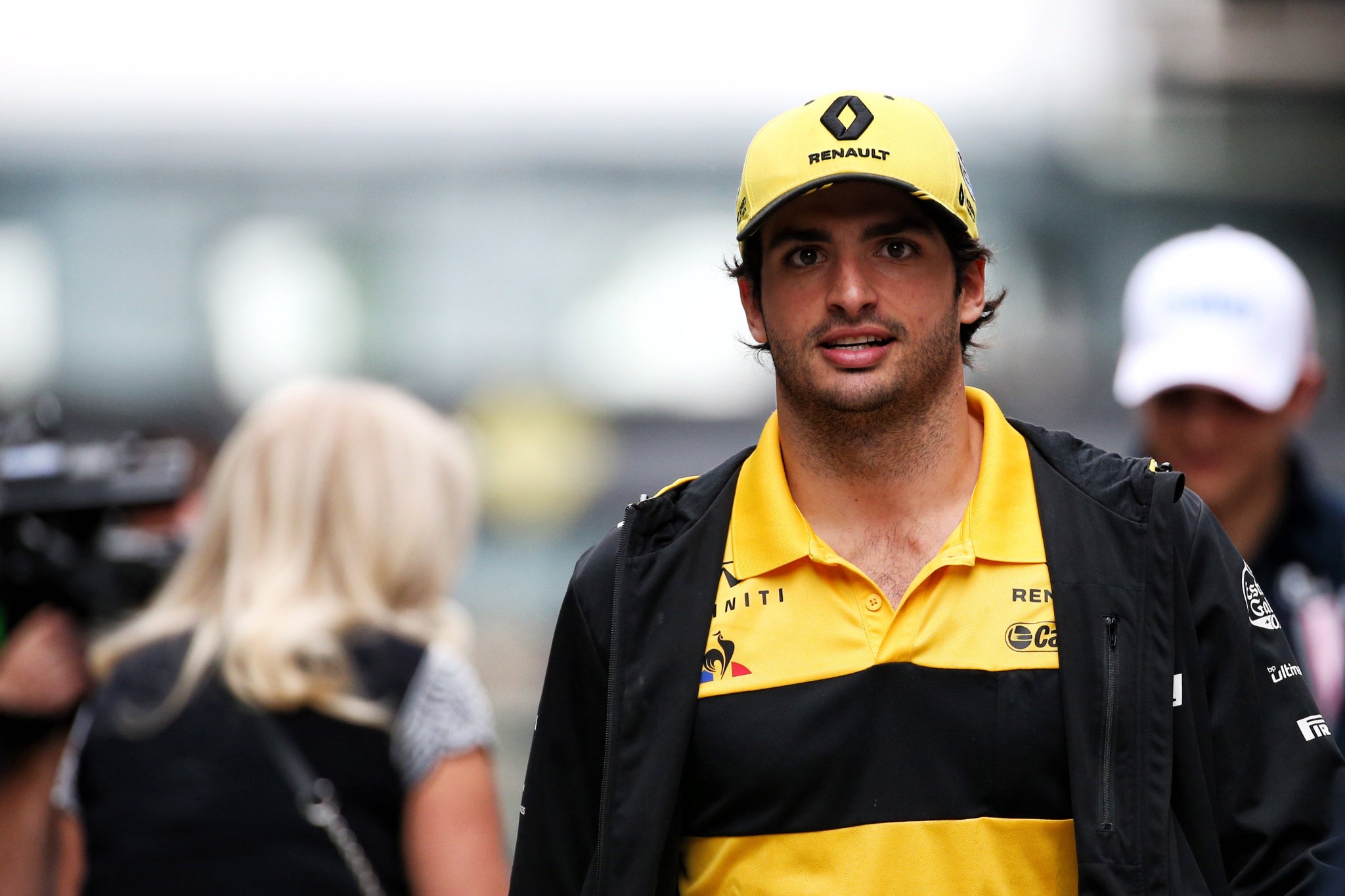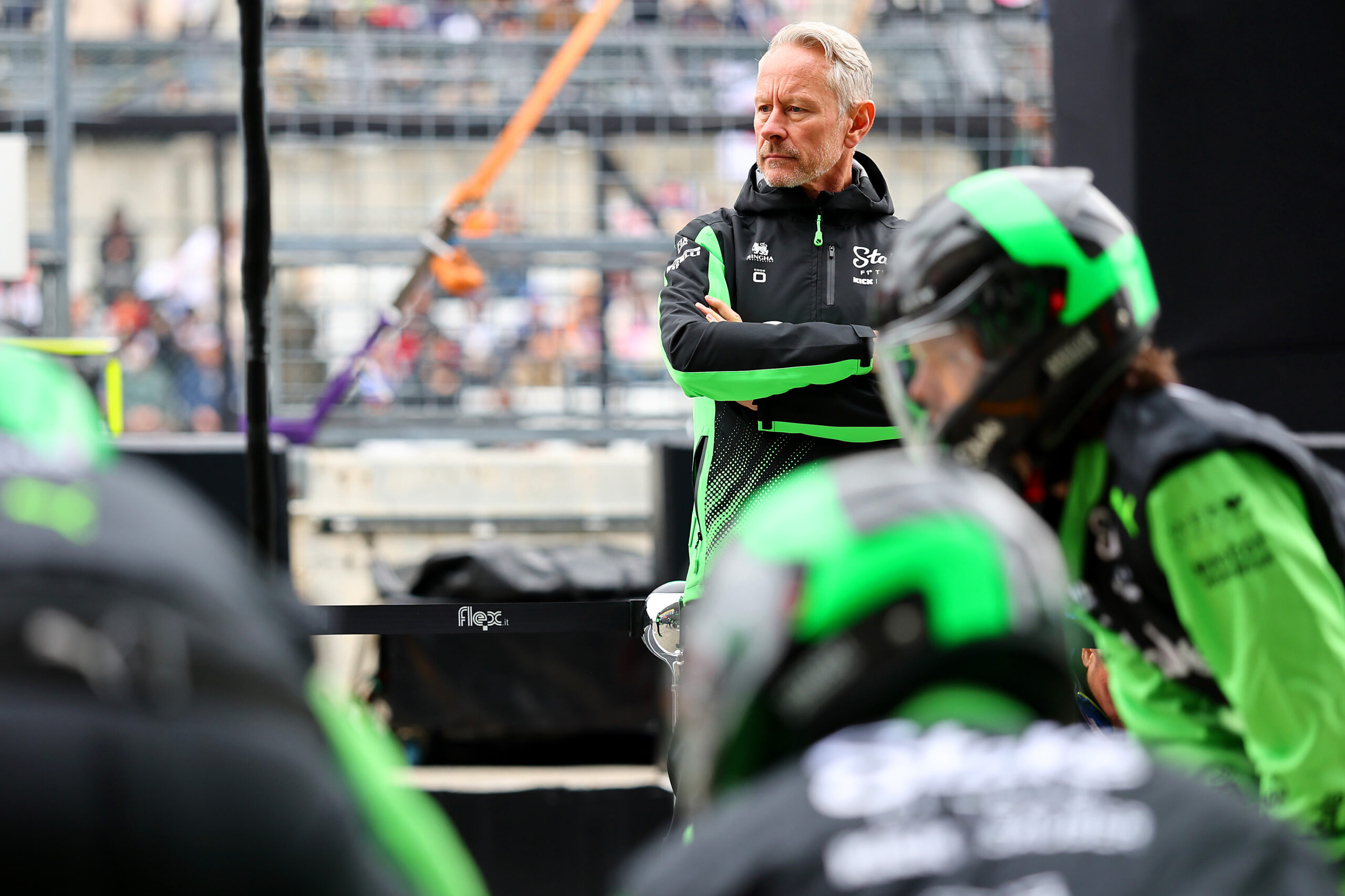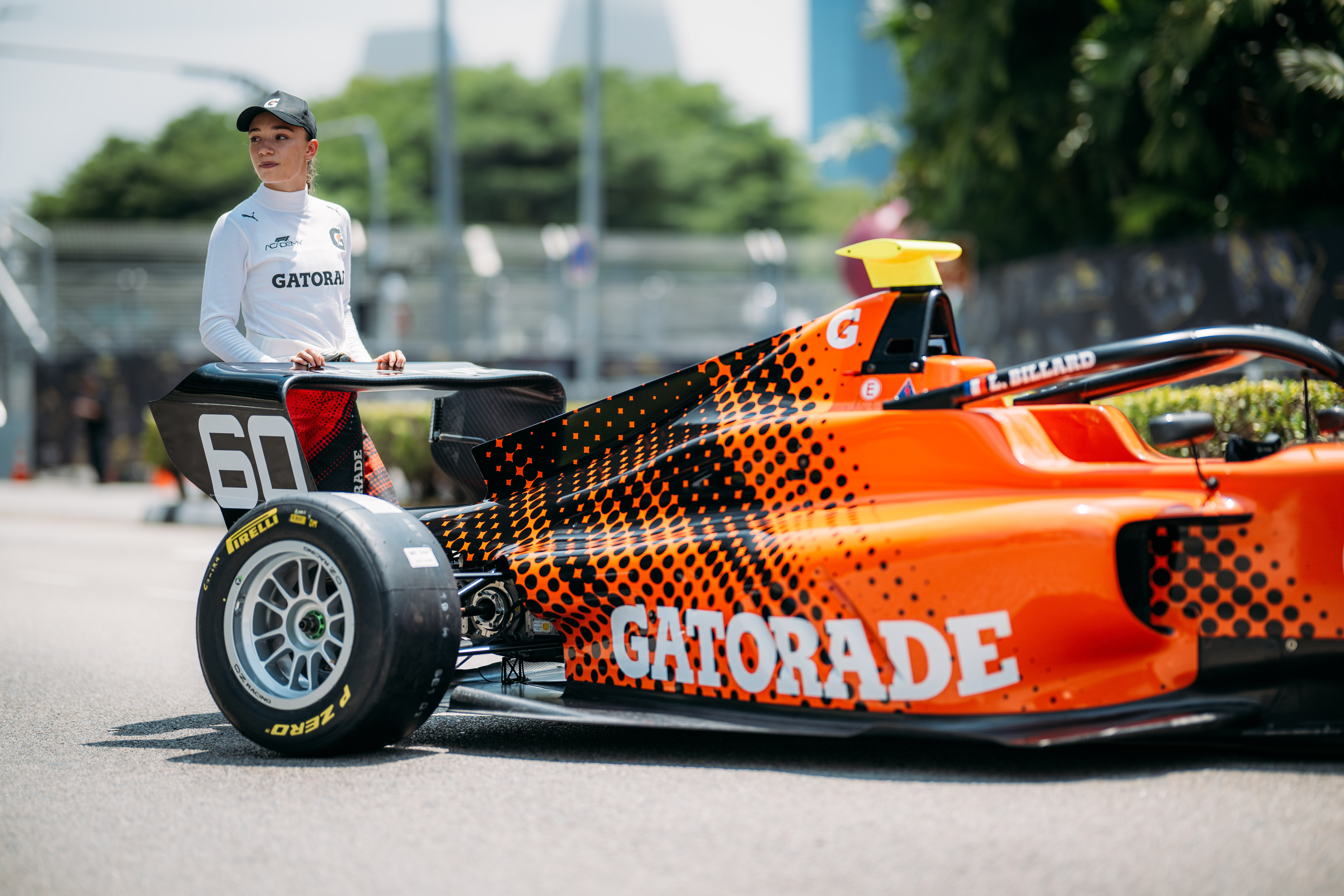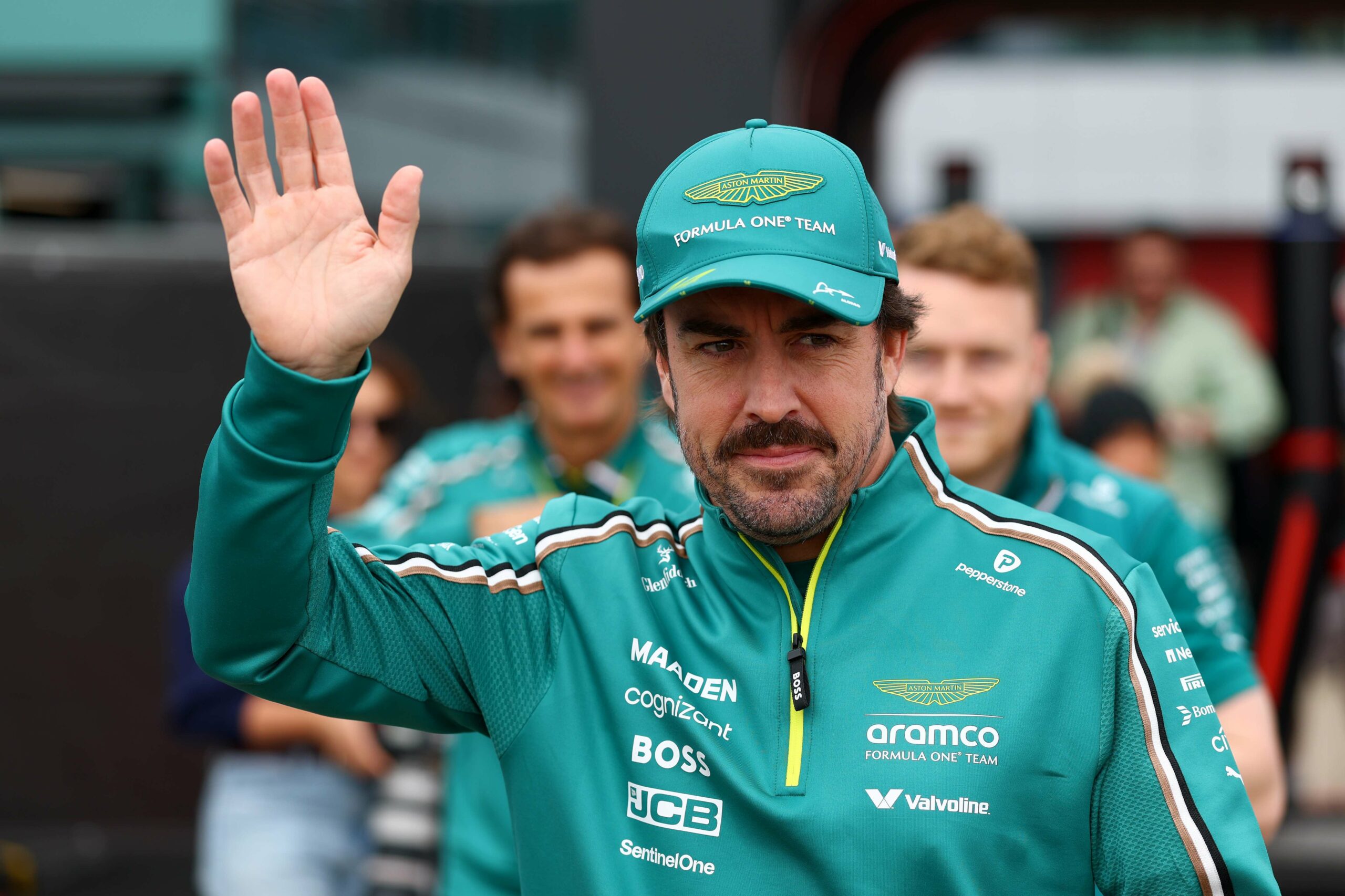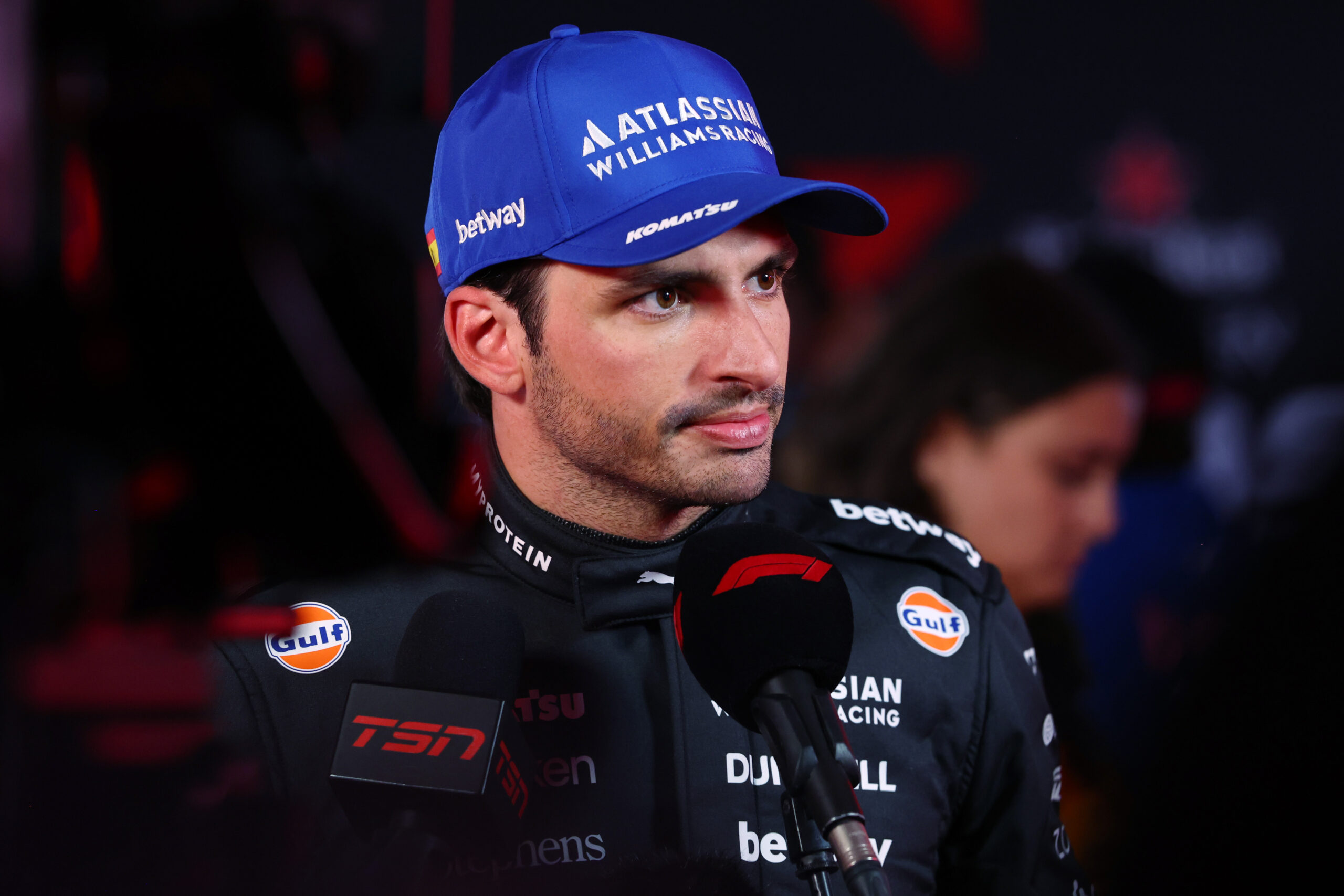Alpine’s special advisor, Flavio Briatore, has shed light on the team’s recent discussions with Carlos Sainz, their interest in rising talents like Franco Colapinto, and the generational shift in F1. Briatore, known for his candid remarks and long-standing influence in the sport, outlined Alpine’s strategic approach as they aim to rebuild their competitive edge.
Carlos Sainz: A missed opportunity or a calculated decision?
Briatore revealed that Alpine had talks with Carlos Sainz, who will join Williams for the upcoming season after departing Ferrari F1. However, the discussions broke down due to Alpine’s preference for a long-term commitment.
“I talked to Sainz. We were interested in him, but only for four years. It makes no sense to hire a driver like Carlos for one or two years. He either believes in the project, or he doesn’t. I don’t need a driver who will cost me a lot of money and keep his options open, looking at other teams and leaving if the opportunity presents itself,” Briatore told Auto Motor und Sport.
Sainz’s move to Williams F1 comes as Lewis Hamilton is set to join Ferrari in 2025. While Sainz was reportedly in talks with multiple teams, including Alpine, Briatore emphasised the need for stability within the team’s ranks. Alpine ultimately promoted Jack Doohan to partner Pierre Gasly for the next season, reflecting their focus on nurturing internal talent.
Franco Colapinto vs. Alpine’s talent pipeline
Briatore also discussed the team’s interest in Franco Colapinto, a rising star in motorsport. Although Alpine’s driver line-up for the 2025 F1 season appears set, Colapinto remains on their radar for the future, says Briatore.
“I am interested in every driver that is fast. Colapinto surprised everyone. However, we have contracts with Gasly, Doohan, and Aron for next season.
“If there is an opportunity to sign Colapinto for 2023, you have to think about it. However, you always need to be careful when assessing drivers. If you have a good race, there is a rush to put you on a pedestal in this sport. It ups the price; suddenly, you are talking about 20-30 million dollars.
“Compared to the past, you also have a much bigger pool to choose from. There are at least six to seven drivers in Formula 2 and Formula 3 that look promising.
“For our academy, we want to focus on the good ones instead of widespread support. For now, it looks like it’s going to be three drivers: Aron, Mini, and Martins.”
This approach underlines Alpine’s commitment to building a strong foundation through its driver academy, balancing short-term performance with long-term growth.
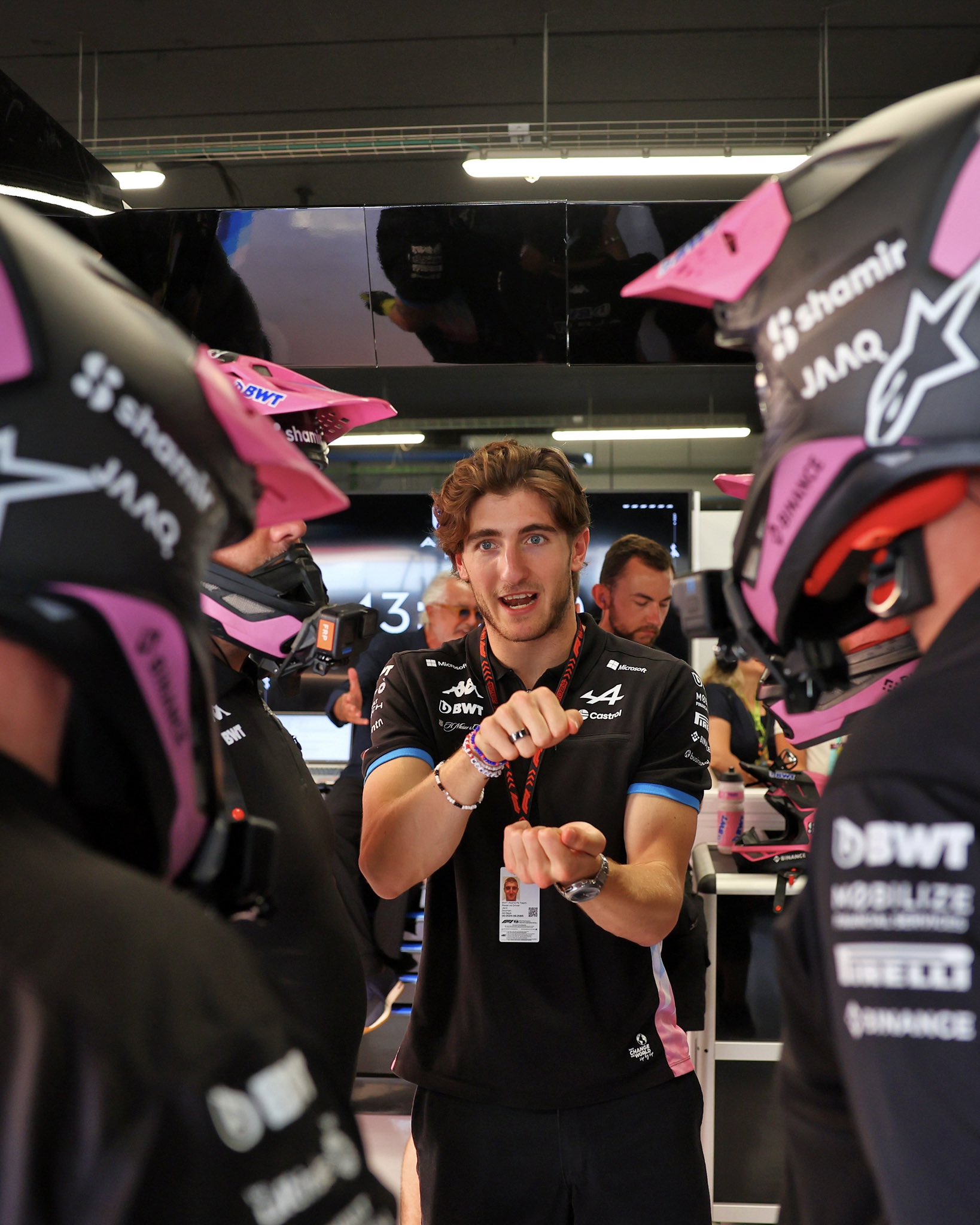
Briatore: The generational change in Formula 1 is important
Briatore highlighted the growing trend of teams favouring younger drivers over seasoned veterans. He pointed to the rise of rookies like Bearman and Piastri as evidence of a generational shift in the sport.
“I think it’s time for a generational change. Sainz is a good driver. However, not a single top team picked him up when he was on the market. They all went for younger drivers. Toto Wolff went with Antonelli, and Christian Horner went with Lawson.
“Young drivers have more hunger than one that has a wife, two kids, and 30 to 40 million in his bank account. Enzo Ferrari said that a driver will slow down once they have kids,” Briatore said.
“I think the rise of Piastri made people think. Bearman jumped into a Ferrari and drove a brilliant race. These young drivers are much better equipped. The competitive pressure is much higher. In Formula 2, you can be first one day, and the next, you are in 14th place.
“Hamilton and Rosberg won 70% of the races in the past. When Schumacher came to us, he was inexperienced. We put Fernando in Minardi first. Verstappen didn’t have his driver’s license when he joined Toro Rosso.”
What lies ahead for Alpine and Briatore?
The generational change coincides with Alpine’s plans to strengthen its technical and managerial structure. Despite Adrian Newey’s decision to join Aston Martin from Red Bull, Briatore acknowledged that Alpine isn’t ready for someone of his calibre yet. He hoped for a more competitive future under Luca de Meo’s leadership.
Alpine’s vision involves embracing young talent, fostering team stability, and ensuring long-term success—a formula they hope will return them to championship-winning ways.
Co-Author: Rebecca Malitz

